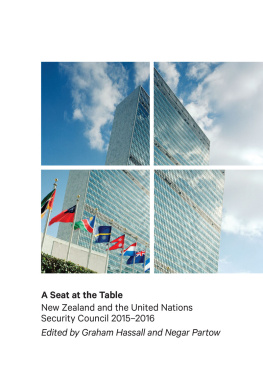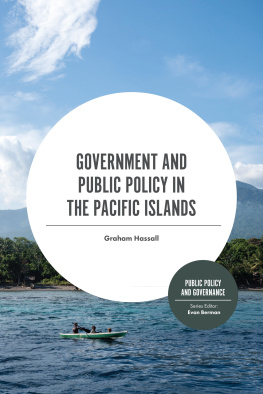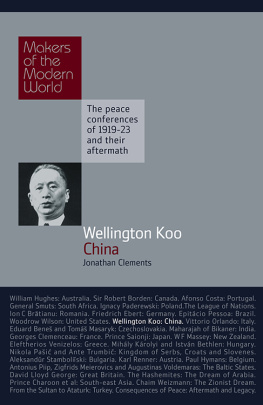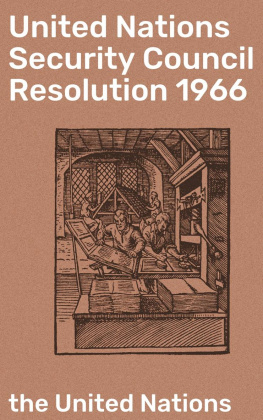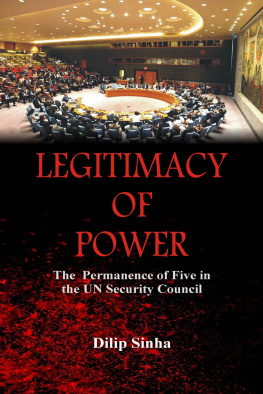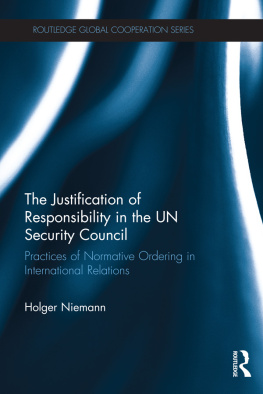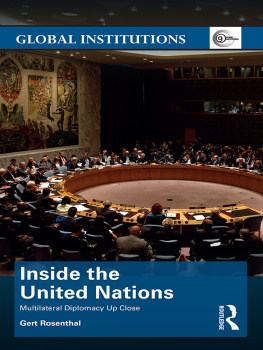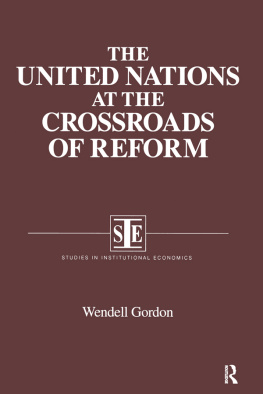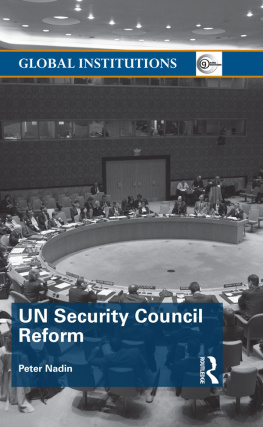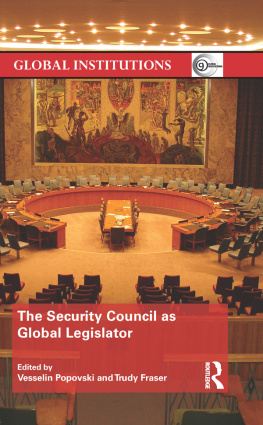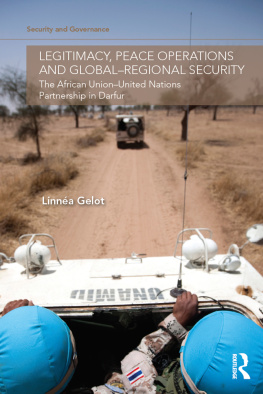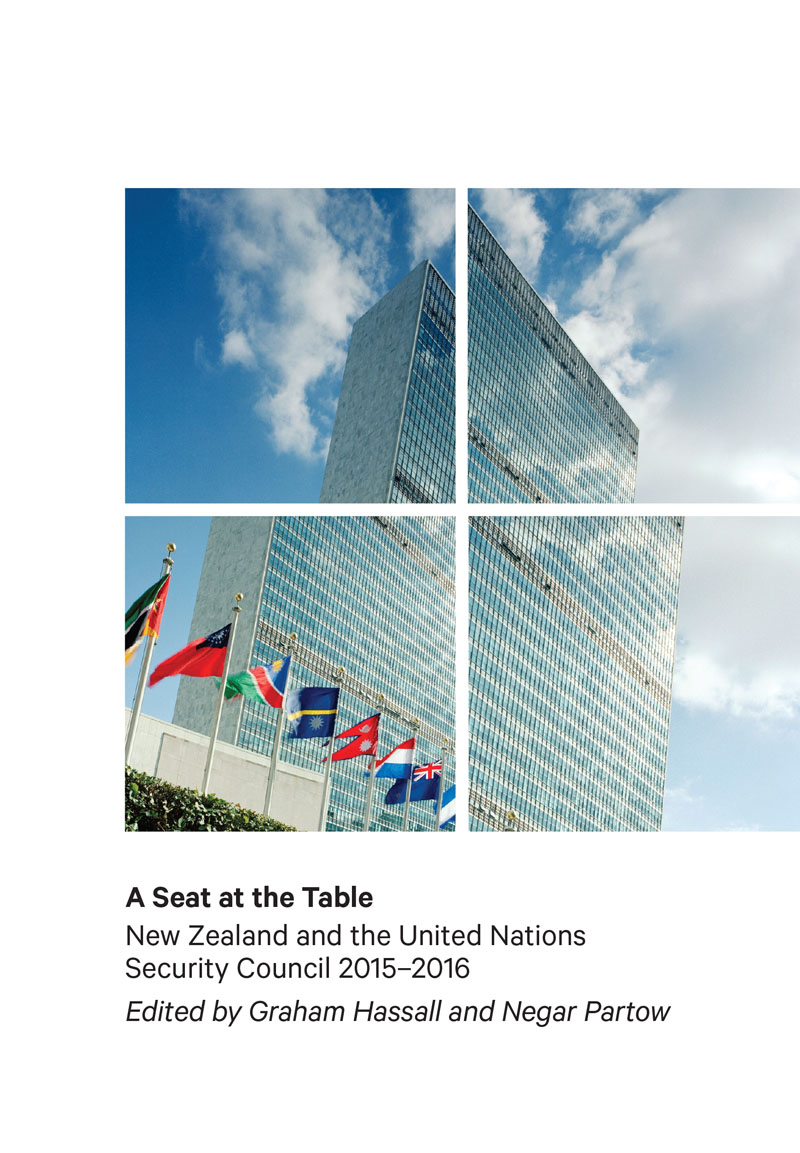


First published in 2020 by Massey University Press
Private Bag 102904, North Shore Mail Centre
Auckland 0745, New Zealand
www.masseypress.ac.nz
Text copyright individual contributors, 2020
Images copyright as credited, 2020
Design by Open Lab
Typesetting by Megan van Staden
Cover photograph by United Nations, 84621 (United Nations headquarters, New York)
The moral right of the author has been asserted
All rights reserved. Except as provided by the Copyright Act 1994, no part of this book may be reproduced, stored in or introduced into a retrieval system or transmitted in any form or by any means (electronic, mechanical, photocopying, recording or otherwise) without the prior written permission of both the copyright owner(s) and the publisher.
A catalogue record for this book is available from the National Library of New Zealand
Printed and bound in New Zealand by Printlink
ISBN: 978-0-9951135-1-0
eISBN: 978-0-9951354-9-9
Contents

Winston Peters, as the Minister of Foreign Affairs, addresses the United Nations General Assembly, New York, 2006. UN, 126498
FOREWORD
New Zealand has a long and proud history of playing a serious role on the world stage, including at the United Nations. In doing so, we help to protect our democratic values and enhance our nations security.
Continuity and bipartisanship continue to be hallmarks of New Zealands foreign policy. A foreign policy that has always been driven by a clear-eyed assessment of New Zealand interests and embedded in our national values. These include the importance of equality and fairness, the rule of law, democracy, and the protection and promotion of human rights.
We recognise that achieving solutions that advance our interests, and align with our values, depends on our ability to work with other countries. This includes our close friends in the Pacific and our traditional and other Commonwealth partners, as well as newer bilateral relationships in regions such as Africa and the Caribbean.
In these complex and challenging times, we recognise more than ever that we must collaborate with international partners, and that our shared interests can best be secured through global rules and norms: rules that treat all states and individuals equally and fairly; allow our disputes to be settled peacefully; and create an environment where the playing field is level.
The United Nations is at the heart of this rules-based system.
As New Zealand found again during its most recent Security Council term, in spite of its flaws, the Security Council remains the principal forum for collective action on some of the toughest peace and security issues facing the world.
This book is not an official government account. Rather, it is an insightful and useful resource for those who are interested in learning more about New Zealands role in the lead up to and during its term on the Security Council in 201516.
Rt Hon Winston Peters
Minister of Foreign Affairs
ABBREVIATIONS
A3 | A group of three African members of the UNSC: Ethiopia, Senegal and Egypt. |
ACT | Accountability, Coherence and Transparency Group |
AI | Amnesty International |
AIMS | Atlantic, Indian Ocean, Mediterranean and South China Sea |
AOSIS | Alliance of Small Island States |
APEC | Asia Pacific Economic Community |
AQI | al-Qaida in Iraq (a UN terrorist listing) |
ASEAN | Association of Southeast Asian Nations |
CANZ | Canada, Australia, New Zealand (an informal grouping) |
CARICOM | Caribbean Community |
CEDAW | Committee of the Elimination of Discrimination against Women |
CELAC | Community of Latin American and Caribbean States (CELAC) |
COP | Conference of Parties |
E10 | Elected 10 (the 10 countries elected to two-year terms on the UNSC) |
EU | European Union |
FARC | Fuerza Alternativa Revolucionaria del Comn (FARC; Common Alternative Revolutionary Force; Colombian political party) |
FARC-EP | Fuerzas Armadas Revolucionarias de Colombia (Revolutionary Armed Forces of Colombia Peoples Army) |
FTFs | foreign terrorist fighters |
G4 | Group of Four (Brazil, Germany, India and Japan) |
G77 | Group of 77 (a UN coalition of 135 developing countries) |
GA | General Asssembly |
GCC | Gulf Cooperation Council |
GNI | gross national income |
HNC | High Negotiating Committee (an umbrella organisation of Syrian opposition groups) |
ICC | International Criminal Court |
ICJ | International Court of Justice |
ICRC | International Committee of the Red Cross |
IGN | intergovernmental negotiation |
IHL | international humanitarian law |
IPCC | Intergovernmental Panel on Climate Change |
ISIL/Daesh | Islamic State of Iraq and the Levant |
ISIS | see ISIL |
ISSG | International Syria Support Group (China, Egypt, France, Germany, Iran, Iraq, Italy, Jordan, Lebanon, Oman, Qatar, Russia, Saudi Arabia, Turkey, United Arab Emirates, the United Kingdom, the United States, the Arab League, the European Union, and the United Nations) |
IWG | Working Group on Documentation and Other Procedural Questions |
JCPA | Joint Comprehensive Plan of Action |
MFAT | New Zealands Ministry of Foreign Affairs and Trade |
MINURSO | United Nations Mission for the Referendum in Western Sahara |
MSF | Mdecins Sans Frontires |
MVM | Monitoring and verification mechanism (in Colombian peace agreement) |
NAP | national action plan |
NATO | North Atlantic Treaty Organization |
NGO | non-governmental organisation |
NGO WG | non-governmental organisation Working Group on Women, Peace and Security |
NYK | Ministry of Foreign Affairs and Trades New York embassy post |
Next page
